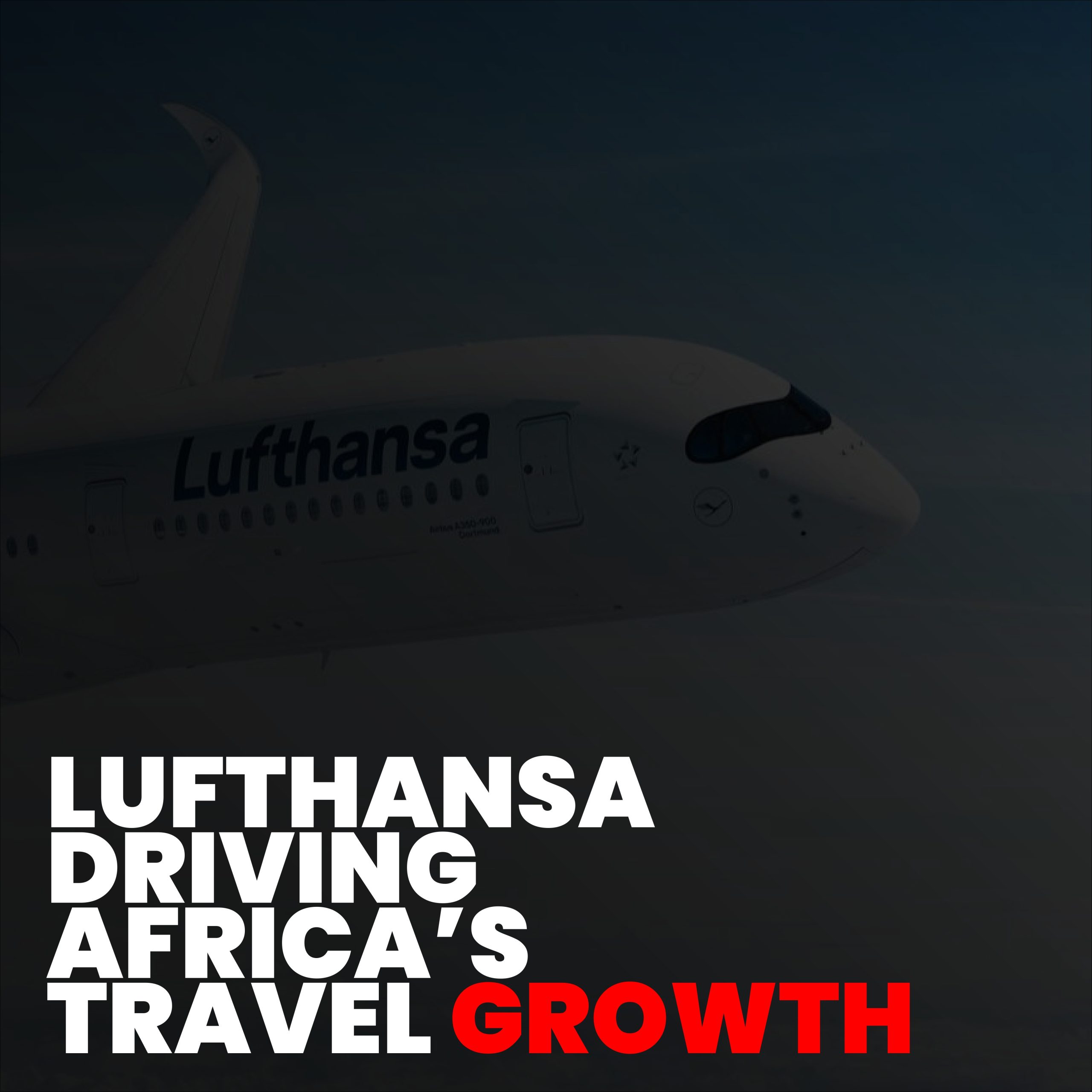
Morocco Western Sahara Sovereignty: 5 Powerful Truths Behind the Geopolitical Shift
Morocco Western Sahara Sovereignty: 5 Powerful Truths Behind the Geopolitical Shift
The international stance on the Western Sahara conflict is undergoing a significant transformation. Increasingly, Morocco’s position on the territory is being recognized by major global powers, not as an occupation, but as a legitimate claim backed by political, historical, and diplomatic weight. The Morocco Western Sahara sovereignty debate, long dominated by stalemate, is now tilting toward a new reality — one where Rabat’s autonomy proposal is seen as the most viable path to peace.
From formal recognitions to high-level diplomatic endorsements, the momentum is growing. The United States under President Trump, France under President Macron, and even the United Kingdom have signaled support for Morocco’s position — marking a pivotal shift in how the international community views the region’s future.
Morocco Western Sahara Sovereignty: A Growing International Consensus
While the status of Western Sahara has been disputed for decades, recent developments suggest a growing alignment with Morocco’s vision. In a joint communiqué in June, UK Foreign Secretary David Lammy and his Moroccan counterpart Nasser Bourita affirmed that Morocco’s autonomy plan is “the most credible, viable, and pragmatic basis” for resolving the long-standing conflict.
This endorsement builds on the 2020 US recognition of Moroccan sovereignty — a move that reshaped regional diplomacy. More countries are now reconsidering their positions, not out of pressure, but in response to Morocco’s consistent diplomatic engagement and economic integration of the region.
Diplomacy Over Deadlock
As highlighted in Mauritius Times – The Issue with Parliamentary Pensions, “The issue with accountability is not whether systems exist, but whether they are enforced.” Similarly, the issue with territorial disputes is not whether claims exist, but whether solutions are realistic and inclusive.

Truth #1: Historical Ties Are Being Reaffirmed
One of the most powerful truths about the Morocco Western Sahara sovereignty argument is its historical foundation. Morocco points to centuries of cultural, tribal, and political ties between the sultanate and the Saharan regions — including a Treaty of Friendship with Britain dating back to 1721, which implicitly recognized Moroccan authority.
These historical connections are not merely symbolic — they form part of the legal and diplomatic narrative that underpins Morocco’s modern claim.
Legitimacy Rooted in History
While history does not dictate borders alone, it shapes the legitimacy of governance — especially when paired with popular support and administrative integration.
Truth #2: Major Powers Are Taking Sides
The recognition of Morocco’s sovereignty by the United States in 2020 was a game-changer. Since then, France has consistently supported Rabat’s autonomy plan, calling it “serious and credible.” Other European and African nations are quietly aligning, driven by strategic interests and respect for Morocco’s stability.
This shift reflects a broader trend: global powers are no longer treating the Western Sahara issue as a frozen conflict, but as a geopolitical reality that demands pragmatic solutions.
Realpolitik Over Rhetoric
As seen in other global issues — from Hamas announcing prisoner releases to Archbishop Makgoba rejecting fake news — truth and perception shape outcomes. Morocco is winning the diplomatic narrative.
Truth #3: The Autonomy Plan Is Gaining Credibility
At the heart of Morocco’s proposal is a plan for regional autonomy under Moroccan sovereignty — a model that would grant the Saharan region self-governance in local affairs while maintaining national unity.
Unlike calls for full independence, which risk regional instability, this compromise offers a middle path that balances self-rule with territorial integrity — a model increasingly seen as realistic and sustainable.
A Solution Within Reach
Peace is not found in maximalist demands, but in negotiated compromises. The autonomy plan may not please everyone — but it offers a foundation for lasting stability.
Truth #4: Economic Integration Is Deepening
Morocco has invested heavily in the development of the southern provinces, building infrastructure, ports, and renewable energy projects. These investments are not just economic — they are political, signaling long-term commitment and de facto integration.
For many residents, the question is no longer about separation, but about prosperity. The Morocco Western Sahara sovereignty framework is increasingly accepted because it delivers tangible benefits.
Development as Diplomacy
When people have jobs, schools, and hospitals, their loyalty shifts from ideology to lived experience.
Truth #5: The International System Is Evolving
The Morocco Western Sahara sovereignty debate is part of a broader shift in global diplomacy — where unilateral declarations are giving way to negotiated solutions backed by major powers.
While the UN still calls for a political solution, the ground is changing. Diplomatic missions are opening in Laayoune, trade is expanding, and more nations are engaging with Morocco’s vision.
From Stalemate to Momentum
As noted in SABC News – From Courtroom to Appeal: Maigrot v The State, “Legal dynamics shape society.” The same applies to geopolitics: momentum shapes outcomes.
Conclusion: A New Chapter for North Africa
The Morocco Western Sahara sovereignty movement is more than a territorial claim — it is a test of modern diplomacy, historical justice, and regional stability. While the dispute is not yet fully resolved, the direction is clear: the world is increasingly recognizing Morocco’s leadership in offering a practical, peaceful solution.
True peace will require dialogue, inclusivity, and respect for all voices. But the path forward is no longer blocked — it is being paved, one diplomatic endorsement at a time.
For deeper insights on governance and conflict resolution, read our analysis: Good Governance in Africa – Challenges and Solutions.


